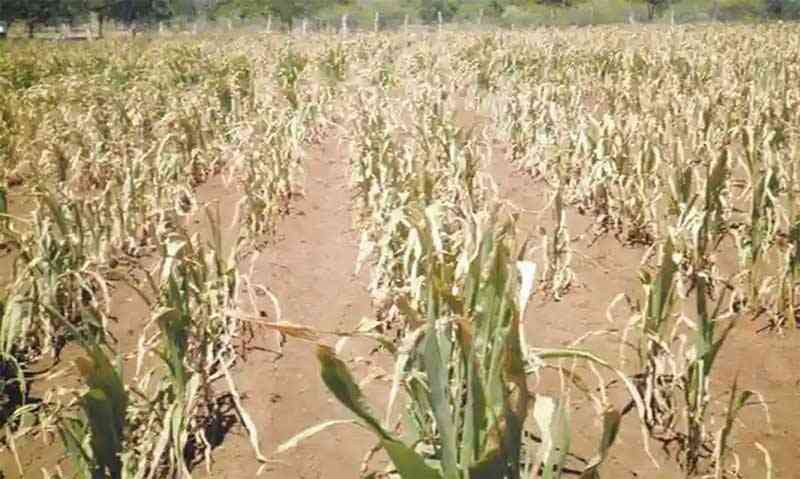
RIO DE JANEIRO – The world’s eight largest development banks said on Wednesday they will invest $175 billion over 10 years to support low-emission transportation programs, such as car sharing or rapid bus systems, in Asia, Latin America and Africa, whose cities are bracing for population growth of 1 billion people over next two decades.
The Asian Development Bank, World Bank and six other multilateral banks announced the $175 billion commitment of loans and grant at the U.N. Sustainable Development Conference in Rio de Janeiro (Rio+20), where they called for sustainable transportation to be set as a priority in the U.N.’s development agenda.
The banks said they are making the financial commitment at a critical time for the transportation sector, as cities in Africa and Asia are expected to add hundreds of millions of people to their populations.
The pace of urban growth will require new transportation systems to help these cities prevent patters of urban sprawl and congestion, according to the Partnership on Sustainable Low Carbon Transport (SLoCaT), a partnership including UN-organizations, the development banks and other development organizations.
“The breakthrough that we are witnessing allows us to plan for the one billion people who will move to cities over the next 20 years and the one billion people still living in poverty,” says Cornie Huizenga, an organizer SLoCaT’s Rio+20 campaign.
In a joint statement released on Wednesday, the development banks said that with more people driving in developing countries as incomes rise, a lack of efficient transportation in some rapidly growing cities has caused major congestion, which has resulted in lost time and higher transport costs that range from 2 to 5 percent of GDP.
The banks also said that if current trends continue, the transportation sector will become the largest emitter of greenhouse gases in the world, accounting for 46 percent of global emissions by 2035.
“These unprecedented commitments have the promise to save hundreds of thousands of lives by cleaning the air and making roads safer; cutting congestion in hundreds of cities; and reducing the contribution of transportation to harmful climate change,” said Joan Clos, executive director of U.N.-HABITAT, a U.N. agency focused on urban development.
- Chamisa under fire over US$120K donation
- Mavhunga puts DeMbare into Chibuku quarterfinals
- Pension funds bet on Cabora Bassa oilfields
- Councils defy govt fire tender directive
Keep Reading
The development banks estimated that between 2010 and 2020, developing countries in Asia will need more than $2.5 trillion in transportation investment, while Latin America will require $0.7 trillion.
In Africa, transport investment requirements of $18.3 billion annually will be needed for the period up to 2020, the development banks said.











